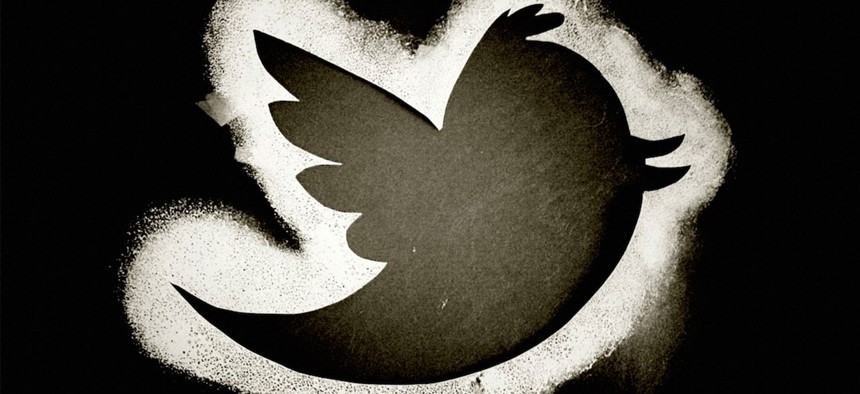
Flickr user eldh
Twitter Told Congress Everything It Knows About Russian Influence on Its App. It Isn’t Much
The Senate Intelligence Committee investigating Russian interference in the U.S. presidential election was expecting more than it got.
The Senate Intelligence Committee investigating Russian interference in the 2016 US presidential election was expecting more than it got from Twitter on Thursday (Sep. 28).
At a committee briefing, Twitter executives gave Congress their analysis of how the social media platform may have been exploited by the Russian government in the run up to the election in 2016. According to at least one committee member, the company came up short.
For reasons that were unclear, Twitter’s investigation was largely built around Facebook’s recent discovery that advertisers with possible ties to the Kremlin had spent $100,000 in ads on its platform. “Of the roughly 450 accounts that Facebook recently shared as a part of their review, we concluded that 22 had corresponding accounts on Twitter,” the company wrote in a blog post following the briefings. “In addition, from those accounts we found an additional 179 related or linked accounts, and took action on the ones we found in violation of our rules.” The company apparently found almost nothing beyond that.
Committee member Mark Warner, a Democratic senator from Virginia, said in a press conference after the briefings that Twitter’s findings were “inadequate,” according to Recode.
“The notion that their work was basically derivative, based upon accounts that Facebook had identified, showed an enormous lack of understanding from the Twitter team of how serious this issue is, the threat it poses to democratic institutions, and again, begs many more questions,” Warner said.
In its blog post, Twitter said it has been working on detecting and shutting down spam bots for years, and has many systems in place to do so: “On average, our automated systems catch more than 3.2 million suspicious accounts globally per week,” the company said. It did not say, however, how many of those accounts have ties to the Russian government, or describe any attempts it has made to find out.
The company also disclosed in the briefings and its blog post that Russia Today (RT), a media outlet funded by the Russian government, “spent $274,100 in US ads in 2016.” The television network is not exactly the kind of covert operation federal investigators are after, however.
Beyond those details, Twitter provided the committee a broad overview about how it combats the activities of nefarious bots and their efforts to game trending topics, and how the company struggles to detect human users that coordinate with each other and create an “effect similar to that of spam.”
“Twitter deeply respects the integrity of the election process, which is a cornerstone for all democracies,” the company said in the post. “We will continue to strengthen Twitter against attempted manipulation, including malicious automated accounts and spam, as well as other activities that violate our Terms of Service.”
(Image via Flickr user eldh)
NEXT STORY: Play of the Day: Trump Unveils His Tax Plan






